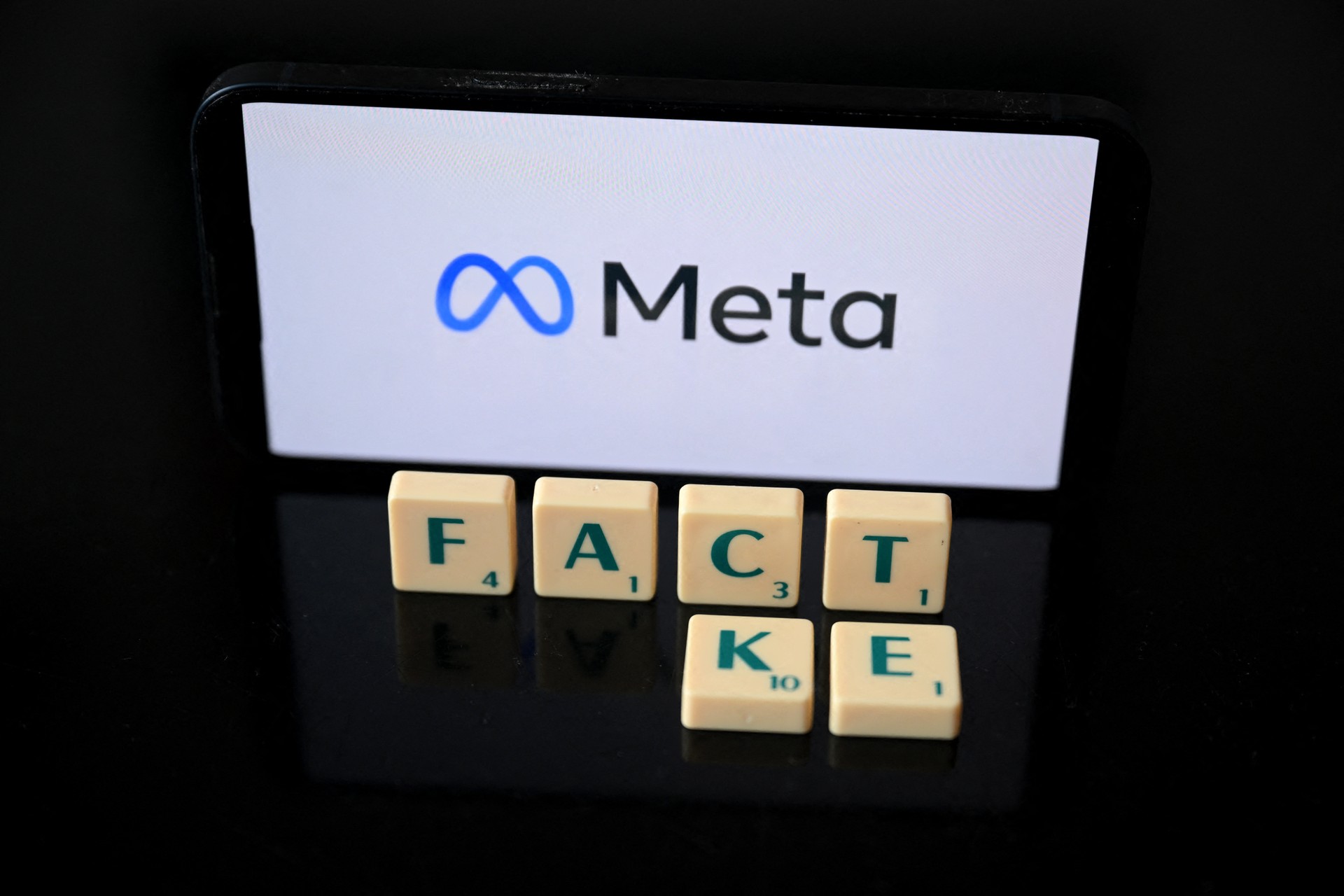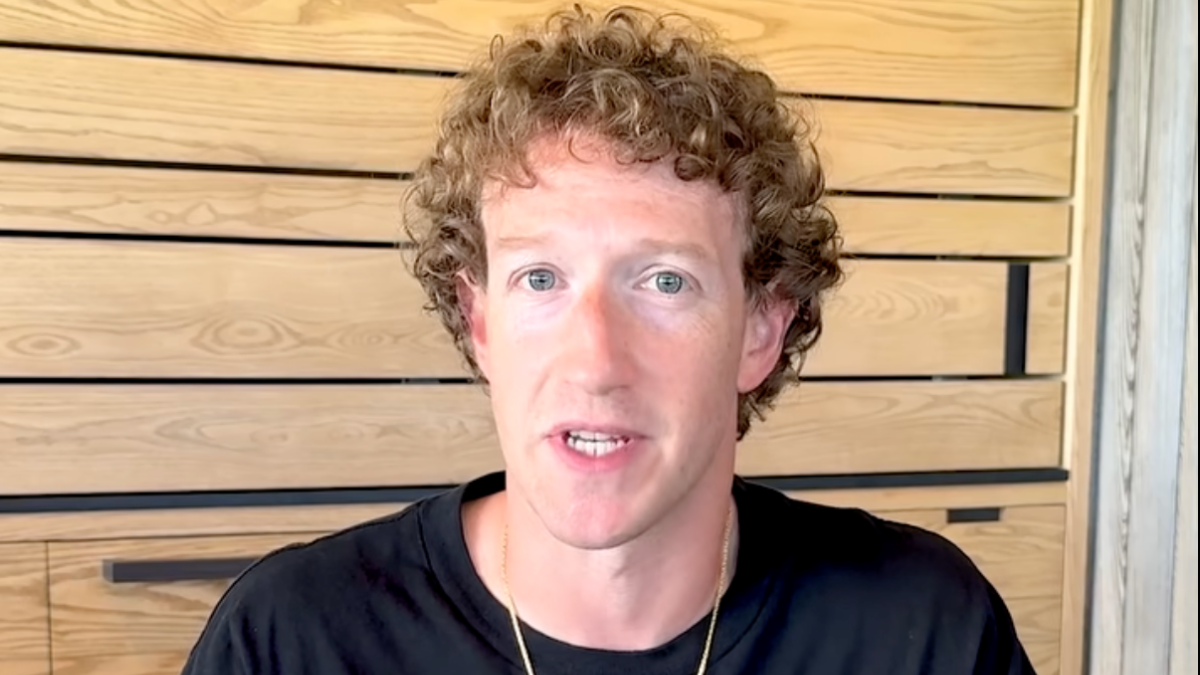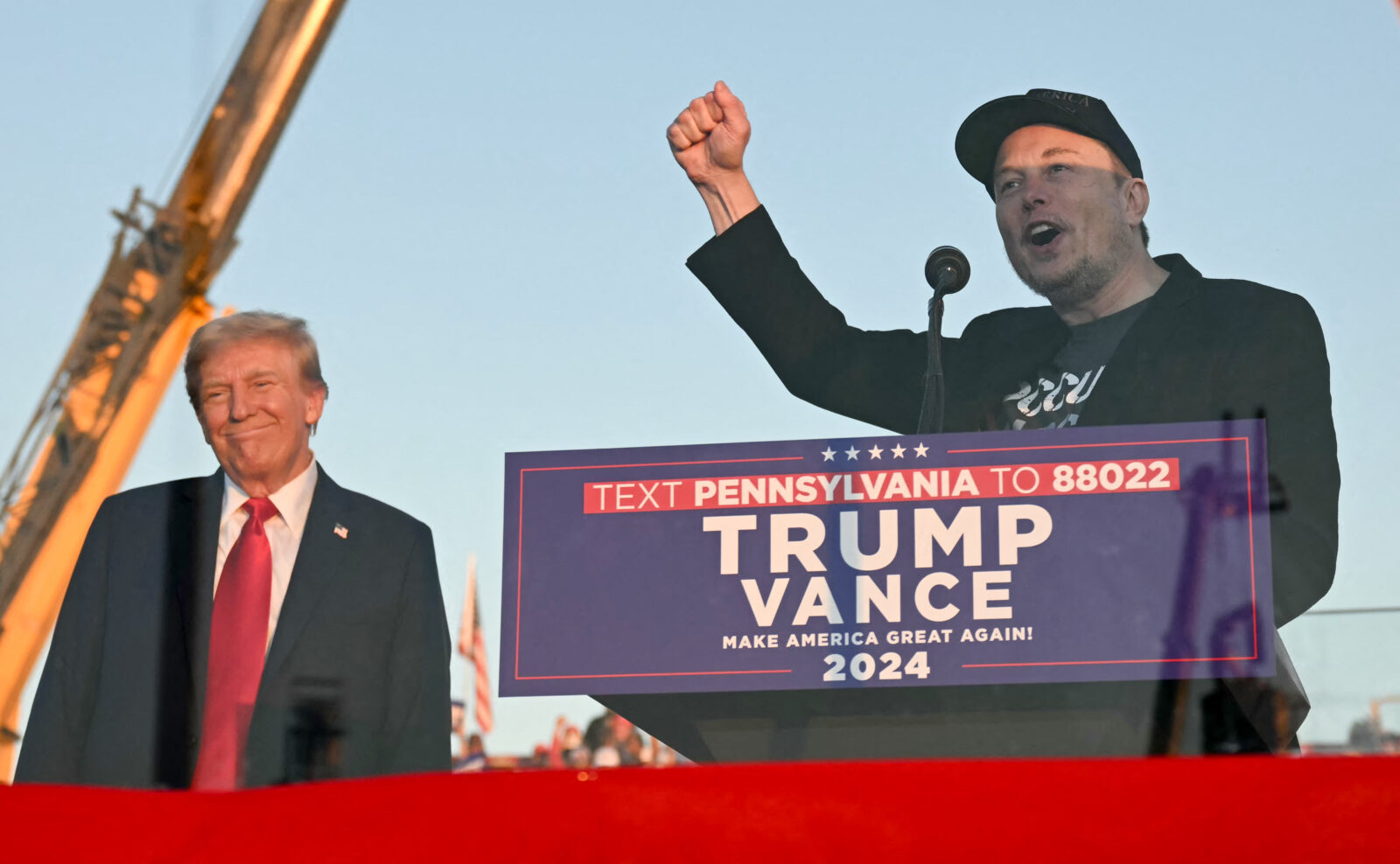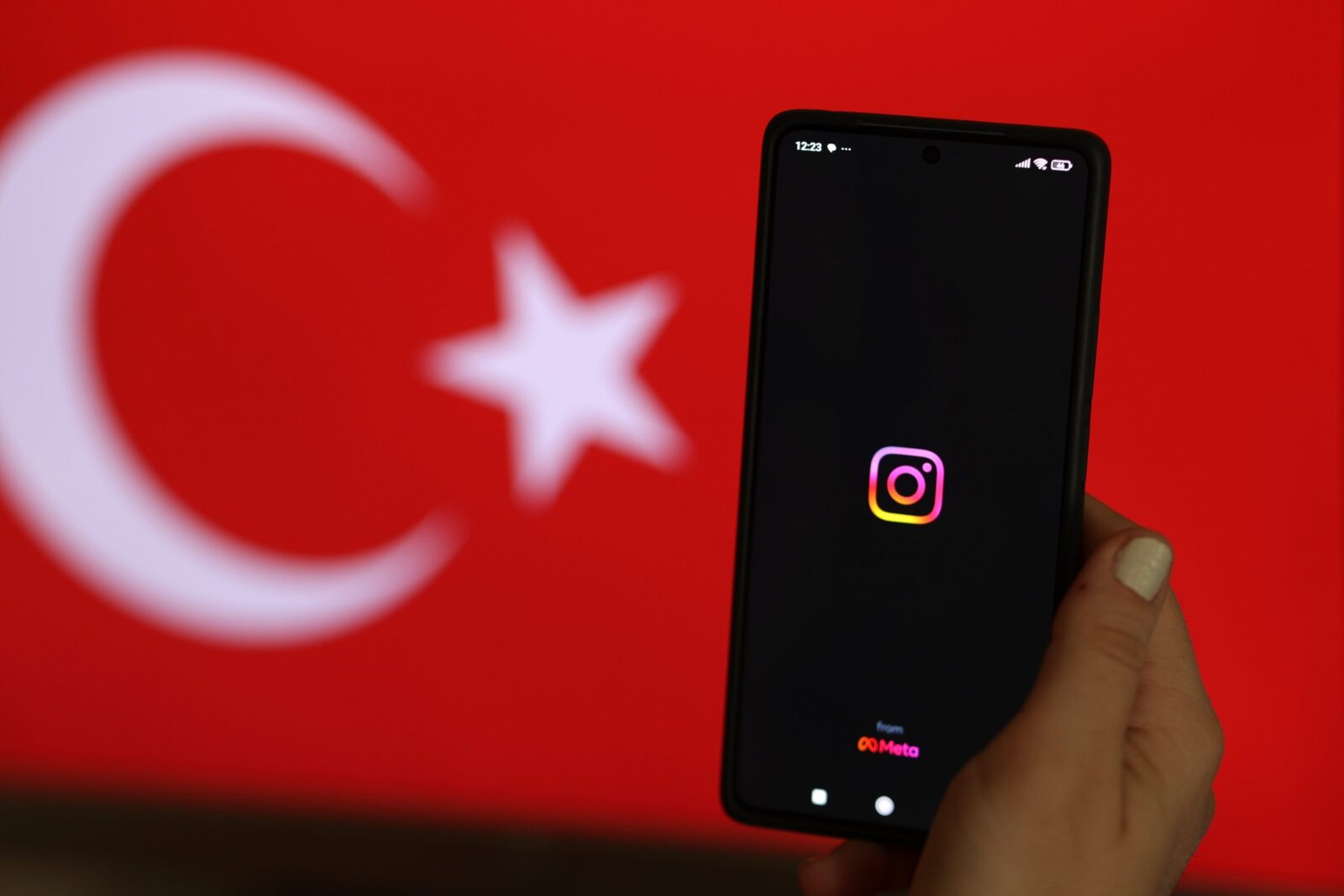
Meta, the U.S.-based parent company of Facebook and Instagram, has sparked debate by ending its third-party fact-checking program. The decision has ignited debates about combating disinformation and rising concerns about trust in the digital information ecosystem.
Since 2016, Meta's "third-party fact-checking" program involved 80 media organizations to address false information on its platforms. Media outlets used Meta's interface to link fact-check articles to misleading posts, reducing their visibility and adding labels like "false" or "misleading." While posts weren’t removed, users saw links to verified information, and those who shared the content were notified. Corrected posts had their labels and visibility restrictions lifted.
On Jan. 7, Meta announced its new content moderation policies, including ending its U.S. fact-checking program on Facebook and Instagram, ahead of a potential second Donald Trump term.
Sharing his remarks on the decision, Meta’s CEO Mark Zuckerberg declared that Facebook and Instagram would shift to a community notes implementation instead, which allows a select group of contributors to collaboratively write and vote on notes that provide additional information or clarification.

Arguing that the replacement would bring Meta back to its “roots around free expression,” Zuckerberg accused third-party fact-checking platforms of harming trust in information by being politically biased. "We're going to get rid of fact-checkers (that) have just been too politically biased and have destroyed more trust than they've created, especially in the U.S.," Zuckerberg said.
On the other hand, Elon Musk, owner of SpaceX, Tesla, and X—formerly known as Twitter—praised Meta’s change to “community notes” in his post, which is a similar program first implemented on X, saying, “This is cool.”

Meta’s decision has faced backlash from media companies and fact-checking platforms, especially from the International Fact-Checking Network (IFCN), a global organization of more than 130 organizations dedicated to promoting fact-checking practices by fact-checkers around the world.
"If Meta decides to stop the program worldwide, it is almost certain to result in real-world harm in many places," the IFCN said in an open letter to Zuckerberg on Thursday, cautioning that more than 100 countries with similar programs are "highly vulnerable to misinformation."
In Türkiye, IFCN member Turkish fact-checking platform Teyit.org’s founder Mehmet Atakan Foca harshly criticized the decision in his LinkedIn post on Jan. 7, claiming that it was always part of Meta’s plans to remove the program. Foca strictly denied Zuckerberg’s claims of political bias, saying, “Zuckerberg’s statement that fact-checkers are censoring is, to put it mildly, unfortunate, at worst, a complete lie.”
Implying the impact of Donald Trump on the decision, who argued with Meta for many years over censorship, Foca said, “Zuck is just being Zuck. There’s nothing surprising about an internet oligarch who won’t hesitate to throw his users under the bus for personal gain, leaving his partners of seven years stranded, and running into the arms of Trump.”
Foca highlighted that Meta's decision could lead to the closure of several fact-checking organizations globally, asserting that those treating fact-checking as an industry, straying from its core mission, or relying heavily on financial incentives might face greater challenges than anticipated.
Turkish media scholar Dr. Sarphan Uzunoglu, assistant professor at Izmir University of Economics and founder of NewsLabTurkey, a journalism-focused organization, evaluated the possible impacts of Meta’s recent decision for Türkiye.
Uzunoglu cautioned that "the implications could extend far beyond Meta’s internal goals, potentially destabilizing public discourse," emphasizing the significant challenges this poses for Türkiye’s already polarized digital information ecosystem.
“Meta's recent decision to reconsider its fact-checking initiatives, as highlighted by the International Fact-Checking Network (IFCN), appears to be driven by financial and operational priorities. This move reflects a broader shift in the company’s focus toward profitability and innovation in areas like the metaverse while decentralizing responsibility for content moderation,” Uzunoglu stated.

Uzunoglu stressed that the timing of Meta's decision appears to coincide with broader political and economic trends, particularly in the aftermath of election outcomes favoring figures like Trump and Musk.
He highlighted the growing dominance of what has been described by thinkers like Yanis Varoufakis as "cloud capital," which has since evolved into "cloud democracies." According to Uzunoglu, these "cloud democracies" underscore the increasing influence of digital platforms in shaping democratic practices within their ecosystems, with the rules they impose significantly affecting global political and social dynamics.
Pointing out that Türkiye’s already polarized media and social media environment faces an overwhelming influx of misinformation and disinformation campaigns, Uzunoglu remarked that platforms such as Facebook and Instagram play a vital role in shaping the flow of information, making Meta’s fact-checking programs an essential tool in combating harmful narratives.
Turkish users are likely to experience an increase in unchecked misinformation, potentially deepening societal divisions and undermining trust in digital information.
Moreover, Meta’s decision weakens already fragile media ecosystems worldwide, leaving countries without third-party partnerships especially vulnerable to the risks of misinformation. In nations like Türkiye, where social media often serves as a critical space for political discourse due to constraints on traditional media, the absence of reliable fact-checking mechanisms could allow harmful narratives to spread more rapidly, further destabilizing public discourse.
Dr. Sarphan Uzunoglu, Assistant Professor, Izmir UniversityofEconomics
Uzunoglu also highlighted that the effectiveness of fact-checking initiatives in highly polarized societies like Türkiye has often been limited by political dynamics. He noted that self-proclaimed "fact-checkers" operating with political motives have damaged the credibility of genuine efforts, despite IFCN's stringent standards.
For Türkiye, the move could amplify existing vulnerabilities in combating disinformation, leaving the country’s digital information sphere even more precarious in the face of growing misinformation challenges, Uzunoglu concluded.
According to DataReportal, Facebook had 34.35 million users in Türkiye in early 2024, with an ad reach of 39.9% of the total population at the start of 2024, meanwhile, Instagram had 57.1 million users with an ad reach of 66.4% of the total population.